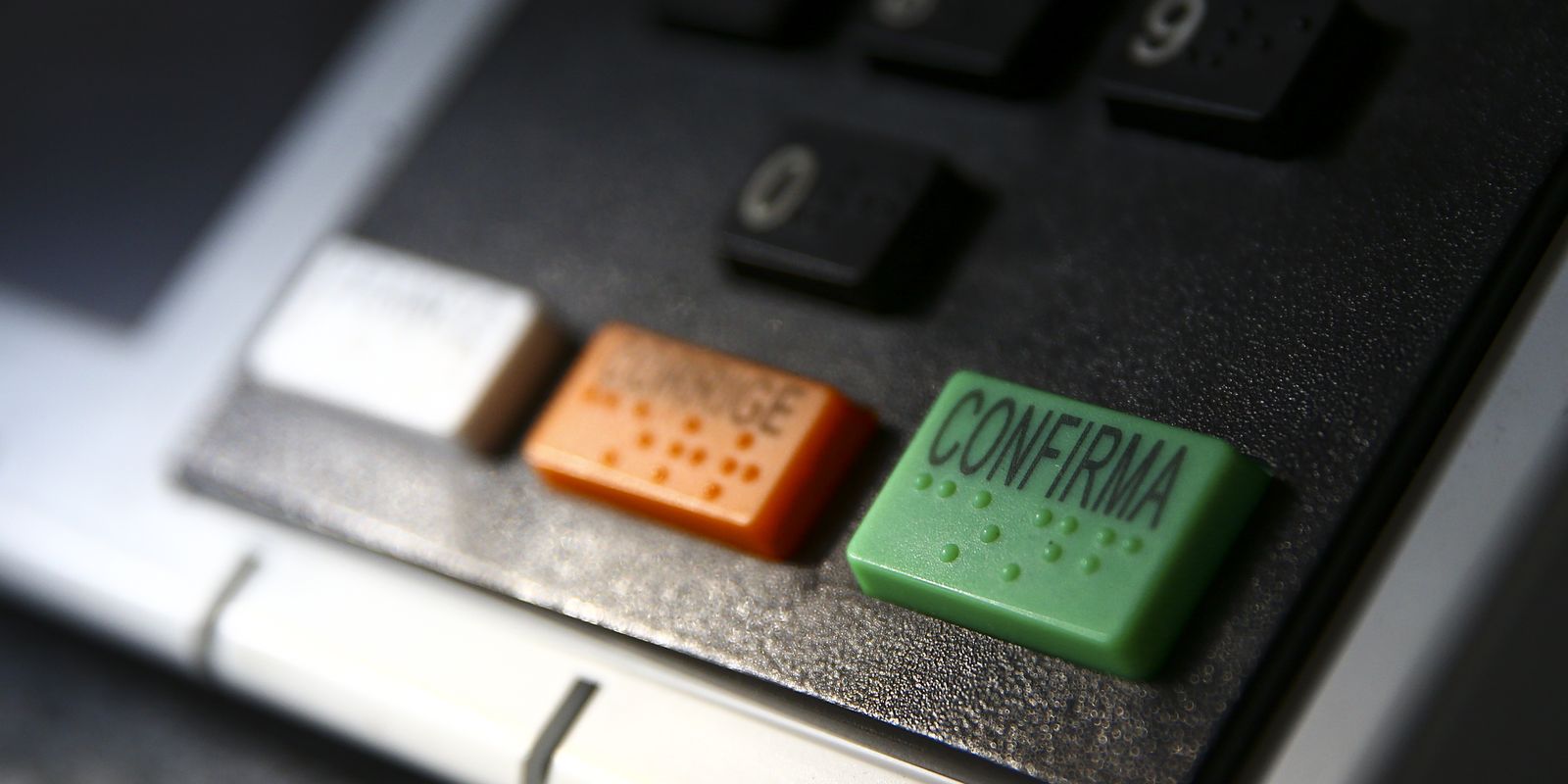The Regional Electoral Court of Rio de Janeiro (TRE-RJ) intends to validate, in the October elections, more than 2.4 million biometric voter registrations received from the state Department of Transportation (Detran-RJ). A cooperation agreement was signed between the two agencies. 
The inclusion of biometric information imported from Detran-RJ in the electoral registry could represent an increase of up to 27.61% of the Rio de Janeiro electorate with biometrics. With the partnership, voters who validate their fingerprints will be exempt from appearing at the electoral office to have their data collected.
The TRE-RJ has already registered the biometrics of 8.818 million voters, which corresponds to 67.66% of the state’s total electorate, of 13.33 million. Currently, 4.215 million people do not have their fingerprints registered.
For the president of TRE-RJ, judge Henrique Carlos Figueira, creator of the “VemPraBiometrics” campaign, the incorporation of biometric data from Detran-RJ reinforces the care of the Rio de Janeiro Electoral Court with the security of the electoral process.
“With the validation of this data, the TRE-RJ will make a big leap in the proportion of voters with biometrics and could surpass 80%. The verification of fingerprints eliminates the possibility of one voter impersonating another when voting and increases the security of all actors involved in the process,” explained Figueira.
The initiative is part of a project by the Superior Electoral Court (TSE) for the Importation of Biometrics from External Agencies (BioEx), which provides for the use of biometric data of voters available in the databases of public agencies. Data sharing is provided for in a TSE resolution and in the General Data Protection Law (LGPD)
Operation
On Sunday, October 6, the date of the election for mayors and city council members, poll workers will consult the voting books, where the following notice will appear alongside the voter identification data: “Biometrics provided by an agency affiliated with the Electoral Court.” The registration of these individuals will be carried out in the same way as that carried out with the biometrics collected by the Electoral Court. The procedure may be repeated up to four times in cases where the biometrics are not recognized.
All 92 municipalities in Rio de Janeiro will have hybrid identification in the municipal elections – voters will be able to vote after identifying themselves using an official document with a photo and fingerprints, or just with the document.
















